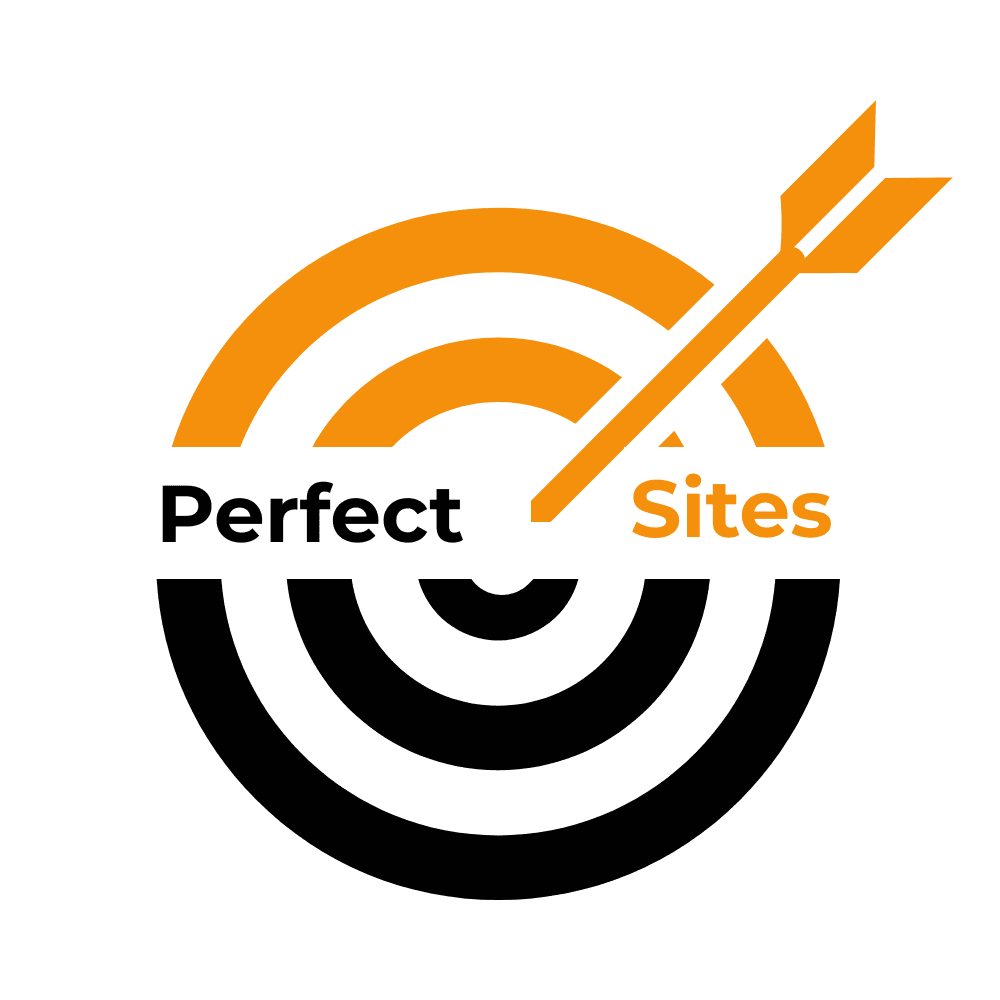Let’s be honest. Raleigh isn’t exactly hiding under a rock. It’s one of the fastest-growing tech hubs in the Southeast, with a startup scene that’s buzzing and a university pipeline that never seems to run dry. So if your business is based there—or even just trying to reach people who are—you can’t afford to be invisible online. But traffic doesn’t just show up because you built a decent website and crossed your fingers; you’ve got to work for it. And not with some generic playbook either. Raleigh demands a local, data-smart strategy that actually speaks to the people who live, work, and scroll there.
Let’s get into how to do that without sounding like a robot or wasting your ad budget on people in Boise.
Start with the Raleigh version of SEO.
Local SEO is your foundation. Without it, you’re basically whispering into the void. According to BrightLocal, 87% of consumers used Google to check out local businesses last year. So if you’re not showing up in those searches, you’re already behind.
First, make sure your Google Business Profile isn’t just claimed but actually useful. That means Raleigh-specific keywords, accurate hours, and categories that reflect what you actually do. Then, get yourself listed on local directories: VisitRaleigh.com, WRAL’s business listings, the Raleigh Chamber. These are the digital equivalents of being on the right street corner with a good sign.
And if you serve more than one area? Build a dedicated Raleigh page on your site. Not a lazy copy-paste job either. Include real testimonials from Raleigh clients, local photos, and language that sounds like you know the city.
Keywords: yes, they still matter.
You don’t need to be a data scientist to do keyword research. Tools like Ahrefs or Google Keyword Planner will do the heavy lifting. What you’re looking for are terms people in Raleigh are actually typing into search bars. Think: “Digital marketing agency Raleigh NC” or “best coffee shops in Downtown Raleigh.” Sprinkle in nearby neighborhoods too—Cary, Durham, North Hills—because people search hyper-locally.
Use those terms where they belong: in blog titles, service pages, even meta descriptions. But don’t overdo it. If your homepage reads like a spammy love letter to Raleigh, Google will notice, and so will your visitors.
Content that actually feels like Raleigh.
Here’s the thing about content: it works. It costs less than outbound marketing and brings in more leads. But only if it’s not the same recycled fluff everyone else is posting. According to Demand Metric, content marketing generates more than three times as many leads as outbound marketing and costs 62% less.
Write about things people in Raleigh care about. That could be a guide to local events like SPARKcon or Triangle TechBreakfast. Or a neighborhood spotlight on Glenwood South, where half your clients probably hang out after work. Even better, publish case studies about how you helped a Raleigh-based business grow. You’re not just creating content; you’re building local credibility.
Influencers aren’t just for skincare ads.
Raleigh’s got its own ecosystem of micro-influencers. Think foodies, real estate agents, fitness folks, tech nerds. These aren’t million-follower celebrities, but they’ve got loyal local
followings—and that’s exactly what you want.
Use tools like Upfluence or HypeAuditor to find creators who actually live in or near Raleigh. Then, collaborate. That could mean co-hosting a small event, doing a product giveaway, or just getting featured in their content. It’s not about vanity metrics; it’s about reaching real people who might actually care.
Paid ads that don’t waste your money.
Geo-targeted paid ads can work wonders if you don’t set them up like a rookie. Use Google Ads or Meta to zero in on zip codes around Raleigh. Reference local landmarks or events in your copy. “Serving Raleigh since 2010” works better than “We’re here for all your needs,” because what does that even mean?
A/B test your landing pages too. One version might feature a quote from a Raleigh client; another might have a photo of the Warehouse District. See which one converts better, and go from there.
And if you’re in a service-based business, Google’s Local Services Ads are worth a look. They show up at the top of search results and give you an edge, especially if you’ve got strong reviews.
Backlinks that matter (and aren’t sketchy).
Backlinks are still a big deal. But not all links are created equal. A mention on Raleigh Magazine or the Triangle Business Journal? That’s gold. A link from some random blog in Belarus? Not so much.
You can earn local backlinks by guest posting, sponsoring events, or even just showing up on a podcast. If you’re doing something interesting, people will want to talk about it. Moz’s Link Explorer can help you spot opportunities from other Raleigh-based sites.
Mobile and fast, because people won’t wait.
Raleigh’s a tech-savvy city. People are on the go, and they’re not waiting around for your site to load. According to Statista, nearly 59% of web traffic comes from mobile devices.
So your site needs to be fast and mobile-friendly. No pinching to zoom. No weird layout shifts. Just clean, responsive design. Use Google’s PageSpeed Insights and Mobile-Friendly Test to see where you stand. Fix what’s broken. Your bounce rate will thank you.
Don’t ignore the college crowd.
NC State alone has over 35,000 students. That’s a whole population of digital natives who might need your product—or know someone who does. Offer student discounts. Partner with campus orgs. Post on university job boards. It doesn’t have to be a big campaign; even a small nod to student life can go a long way.
Retargeting: because people forget.
Most people won’t convert the first time they visit your site. That’s just human nature. Retargeting helps you stay in their orbit. Use Google Display Network or Meta to show ads to people in Raleigh who’ve already been to your site.
Segment your audience by behavior. Someone who looked at your pricing page but didn’t click “contact”? That’s someone you want to follow up with. Serve them a tailored message that nudges them back.
Track what’s working—locally.
Don’t just look at your overall traffic. Dig into the
Raleigh-specific data. Google Analytics and Search Console let you see where local users are coming from, what they’re doing, and where they bounce. Set up dashboards that track metrics like time on site, conversion rate, and bounce rate for Raleigh visitors only.
If something’s working, double down. If something’s flopping, fix it. That’s how you build real momentum.
Raleigh’s growing fast. Your traffic should be too.
That’s the view from the ground.
We’ll be back soon with more real-world insights.
Until then, keep building.
– Perfect Sites Blog

